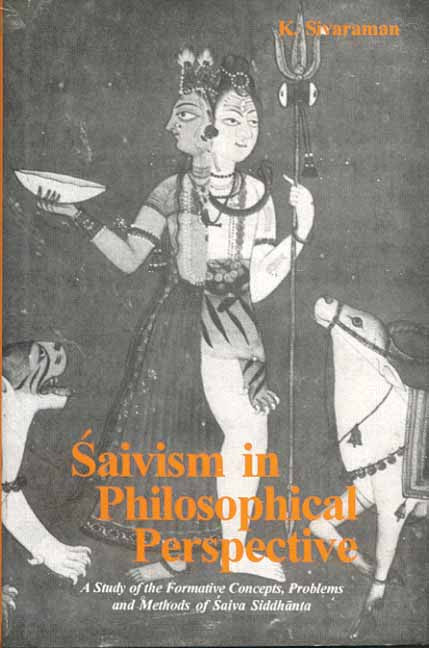Saivism in Philosophical Perspective: A Study of the Formative Concepts, Problems and Methods of Saiva Siddhanta)
Saivism in Philosophical Perspective: A Study of the Formative Concepts, Problems and Methods of Saiva Siddhanta) - Paperback is backordered and will ship as soon as it is back in stock.
Couldn't load pickup availability
Saivism is one of the pervasive expressions of Indian Religious Culture stretching to the dim past of pre-history and surviving as a living force in the thought and life of millions of Hindus especially in Southern India and Northern Ceylon. The present work is scholarly reconstruction of Saivism in its characteristic and classical from as Saiva Siddhanta, focusing mainly on the philosophical doctrine and presenting a conceptual analysis of its formative notions, problems and methods. Anteceding the rise of the great systems of Vedanta including that of Sankara, Saiva Siddhanta in its fully systematised form as Mystical Theology in the thirteenth and fourteenth centuries represents a constructive reaction to the theological, ethical and aesthetic aspects of Vedanta as a whole. A patient study of this much neglected phase of religo-philosophical development of India should prove useful for a more balanced understanding of Indian religiosity, providing a corrective to the view entertained not without justification that Indian religious thought does not affirms the values of freedom, love and personality. This methodical study, appended with very exhaustive glossary, bibliography and index and two-hundred pages of references and foot-notes is designed to meet the requirements of seriious students of Eastern religious thought.
Review(s)
About the Author(s)
-
Pages
-
Edition
-
Size
-
Condition
-
Language
-
Weight (kg)
-
Publication Year
-
Country of Origin
-
Territorial Rights
-
Reading Age
-
HSN Code
-
Publisher




